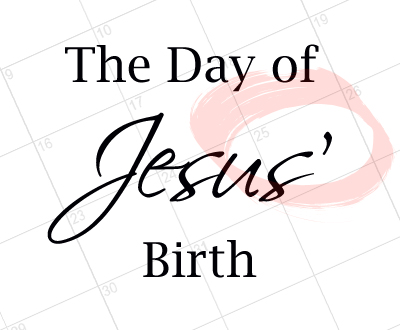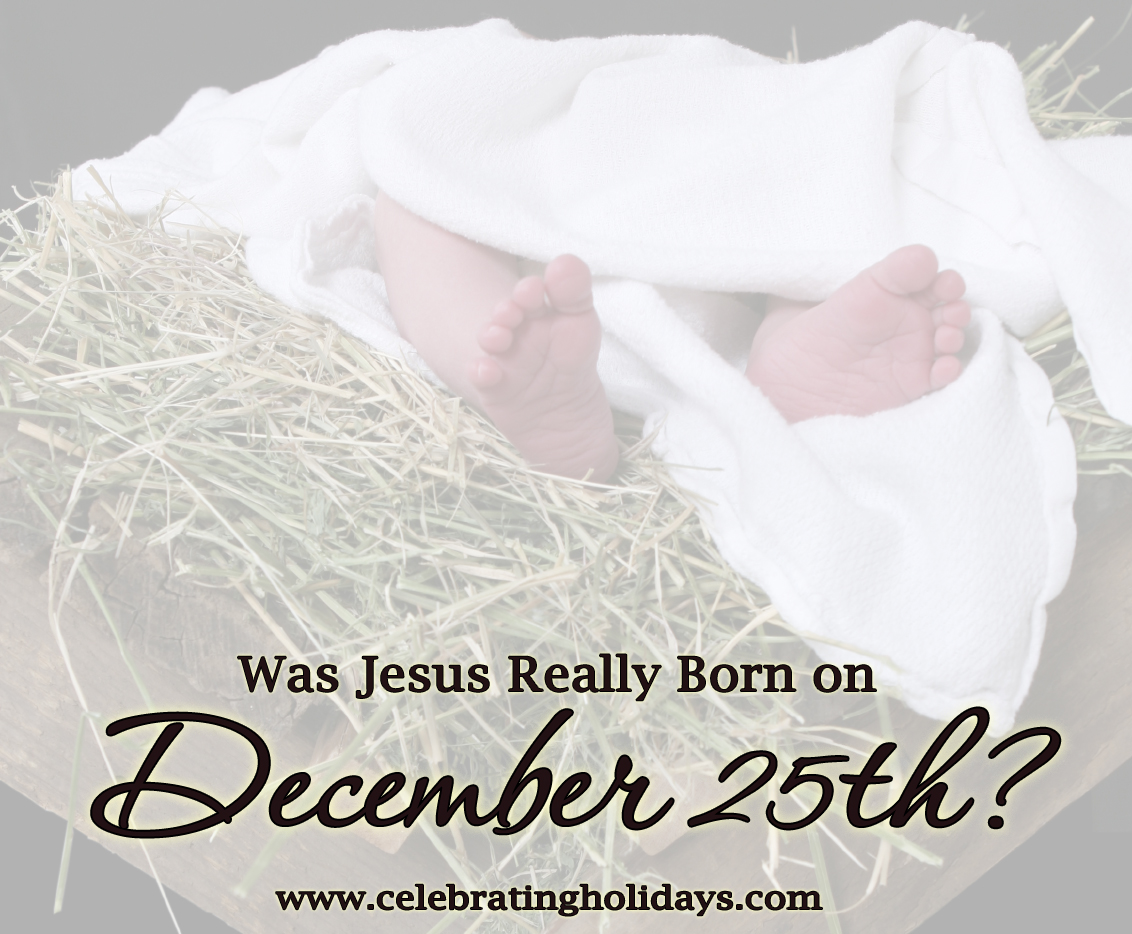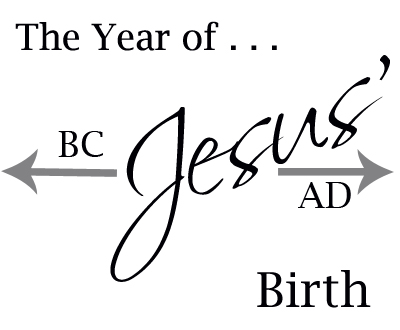The Day of Jesus’ Birth
Though the gospels of Matthew and Luke helped to spread knowledge of the Nativity story in the first century, neither writer provided an exact date for Christ’s birth. Perhaps because the day was unknown, the earliest church records make no mention of a feast to honor it. Furthermore, though it may sound strange to our modern minds, it is likely that early Christians did not place any particular value on birthdays.

It was not until the third century that various pockets of Christians began to show interest in the date, and it would take another century for the Church to begin celebrating it with some uniformity. Even then, the Eastern and the Western Churches were divided on the date.
Conventional wisdom holds that Christians ultimately agreed to celebrate Christ’s birth on December 25th, because they wanted to counter popular pagan festivals. However, this is most likely historical myth. Admittedly, some pagan practices were “Christianized” and became part of Christmas celebrations, but it appears that early Christians made a sincere effort to properly identify the date of Christ’s birth, not just co-opt a pagan holiday.
It regard to the chronology of Christ’s life, Early Church leaders were primarily concerned with determining the date of his death in order to establish the celebration of his resurrection (Easter). After much debate, the Eastern Church (which was using a Greek calendar) settled on April 6th, and the Western Church (which was using a Roman calendar) settled on March 25th as the date of Christ’s death. As we know, with time, the Western date prevailed and helped to determine the Sunday on which to celebrate Easter.
Interestingly, according to the Roman calendar, March 25th was also the spring Equinox, a day that symbolized the “rebirth of the earth” and that some Christians believed marked the first day of creation. Believers saw significance in the symbolism of Christ’s death on the anniversary of creation, since it was Christ’s redemptive death that allowed creation to be made new.
By the third century, it appears that some Christians had started celebrating Christ’s birth, as well as his death, on March 25th, because in a book called On Computing the Date of Easter, the author makes a case against this day as Christ’s birthday.
So why were Christians celebrating Christ’s birth and death on the same day? Likely, an ancient Jewish tradition of “integral age” or “whole year theory” influenced this practice. It is a belief that the life of a Jewish prophet began and ended on the same day. A third century Christian, Sextus Julius Africanus, added an interesting component to this theory. He argued that Christ’s life began not at birth but at conception. His case proves to be of particular relevance, because if Christ was conceived on March 25th, he would have been born 9 months later on December 25th, the date on which our discussion is focused.
Interestingly, the Church later recognized March 25th as the Annunciation (the date that Gabriel appeared to Mary to announce the birth of Christ and also believed to be the moment of conception) and December 25th as the birthday of Christ. Most Christians assume that the Annunciation was determined by taking the date of Christmas and counting back nine months. On the contrary, it was probably the reverse.
Though December 25th came to be widely accepted as the date of Christ’s birth, scholars have long been debating its accuracy. Though our modern sensibilities desire exactness in dating, let us consider Paul’s words to the Galatians:
“But when the time had fully come, God sent his Son, born of a woman, born under law, to redeem those under law, that we might receive the full rights of sons” (Galatians 4:4).
God sent his Son “when the time had fully come”; it was the exact time that God had planned since the beginning of the world. Interestingly, it was probably the first time in human history when the message of Jesus could spread easily. The Romans had organized a system of roads, shipping ports, protection for travelers and a common language — all elements that would help to foster the spread of Christianity.
This page was created by:

Back to main Christmas History page.
We welcome your ideas! If you have suggestions on how to improve this page, please contact us.
Information on this page was drawn from our featured Christmas book.
You may freely use this content if you cite the source and/or link back to this page.





